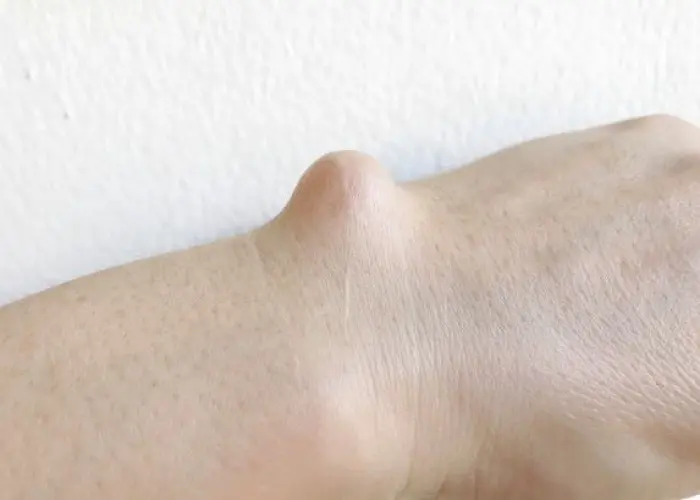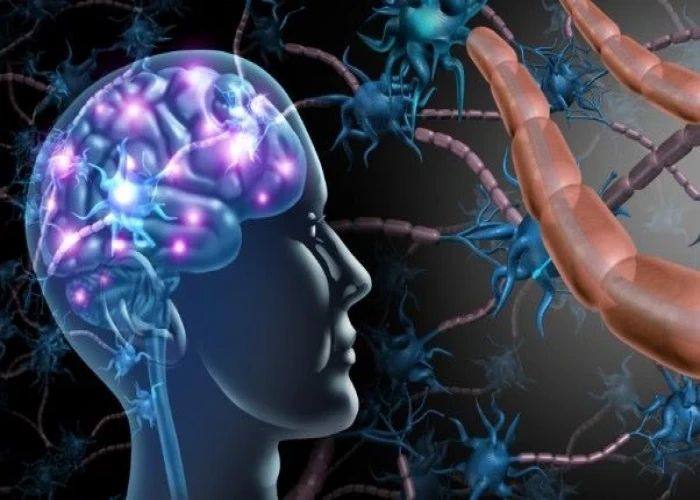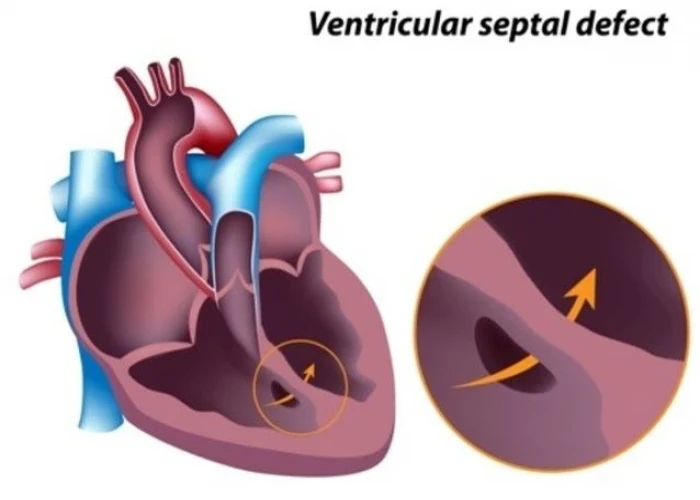 Welcome
Welcome
“May all be happy, may all be healed, may all be at peace and may no one ever suffer."
Left ventricular hypertrophy

Left ventricular hypertrophy (LVH) is a condition where the muscle wall of the left ventricle of the heart becomes thicker and enlarged. This is typically due to an increase in workload or pressure on the heart, such as from high blood pressure or aortic stenosis (narrowing of the aortic valve).
LVH can lead to a variety of cardiovascular problems, including an increased risk of heart failure, heart attack, and arrhythmias (irregular heartbeats). It can also reduce the amount of blood that the heart is able to pump out with each beat, leading to a decrease in overall cardiac output.
The diagnosis of LVH is typically made through various imaging tests, such as echocardiography, electrocardiography, or magnetic resonance imaging (MRI). Treatment may involve addressing the underlying cause of the hypertrophy, such as managing high blood pressure, or using medications to help reduce the workload on the heart. In some cases, surgery may be necessary to repair or replace a damaged heart valve.
Research Papers
Disease Signs and Symptoms
- Shortness of breath (dyspnea)
- Fatigue (Tiredness)
- Chest pain
- Irregular heartbeats (arrhythmia)
- Dizziness (vertigo)
- Fainting (syncope)
Disease Causes
Left ventricular hypertrophy
Left ventricular hypertrophy has several causes — one is an increase in the size of heart muscle cells and the other is abnormal tissue around the heart muscle cells.
Your heart muscle cells may get larger in response to some factor that causes the left ventricle to work harder, such as high blood pressure or a heart condition. As the left ventricle's workload increases, the muscle tissue in the chamber wall thickens. Sometimes, the size of the chamber itself also increases.
Left ventricular hypertrophy may also develop due to problems in the structure of the heart muscle cell. These changes can be related to a genetic defect. Abnormal tissue around the heart muscle cells is a result of several rare conditions.
Factors that can cause your heart to work harder include:
- High blood pressure (hypertension). This is the most common cause of left ventricular hypertrophy. More than one-third of people show evidence of left ventricular hypertrophy at the time of their diagnosis with hypertension.
- Aortic valve stenosis. This disease is a narrowing of the aortic valve that separates the left ventricle from the large blood vessel leaving your heart (aorta). The narrowing of the aortic valve requires the left ventricle to work harder to pump blood into the aorta.
- Athletic training. Intense, prolonged endurance and strength training can cause the heart to adapt to handle the extra workload. It's unclear whether this athletic type of left ventricle hypertrophy can lead to stiffening of the heart muscle and disease.
Abnormalities in heart muscle cell structure that result in increased heart wall thickness include:
- Hypertrophic cardiomyopathy. This genetic disease occurs when the heart muscle becomes abnormally thick, even with completely normal blood pressure, making it harder for the heart to pump blood.
- Amyloidosis. A condition that causes abnormal protein deposits around the organs, including the heart.
Disease Prevents
Left ventricular hypertrophy
The best way to prevent left ventricular hypertrophy caused by high blood pressure is to maintain healthy blood pressure. To better manage your blood pressure:
- Monitor high blood pressure. Purchase a home blood pressure measuring device and check your blood pressure frequently. Schedule regular checkups with your doctor.
- Maintain a healthy weight. There's a direct relationship between excess weight and higher blood pressure.
- Make time for physical activity. Regular physical activity helps to lower blood pressure and keep it at normal levels. Aim for 30 minutes of moderate physical activity most days of the week.
- Eat a healthy diet. Avoid foods that are high in saturated fat and salt, and eat more fruits and vegetables. Avoid alcoholic beverages or drink them in moderation.
- Quit smoking. Giving up smoking improves your overall health and prevents heart attacks.
Disease Treatments
Blood pressure medication may help prevent further enlargement of the left ventricle and even shrink your hypertrophic muscles. Your doctor might recommend medications including:
Medications
Blood pressure medication may help prevent further enlargement of the left ventricle and even shrink your hypertrophic muscles. Your doctor might recommend medications including:
- Angiotensin-converting enzyme (ACE) inhibitors. These medications widen blood vessels to lower blood pressure, improve blood flow and decrease the heart's workload. Examples include captopril, enalapril (Vasotec) and lisinopril (Prinivil, Zestril, Zestoretic). Side effects might include an irritating dry cough in a small percentage of people.
- Angiotensin II receptor blockers (ARBs). Medications such as losartan (Cozaar) have benefits similar to ACE inhibitors but don't cause a persistent cough.
- Calcium channel blockers. These medications prevent calcium from entering cells of the heart and blood vessel walls. This relaxes the muscle in the vessel walls, which lets the blood vessels open wider and reduces blood pressure. Examples include amlodipine (Norvasc) and diltiazem (Cardizem, Tiazac).
- Diuretics. Medications known as thiazide-type diuretics reduce the amount of fluid in your blood vessels, lowering blood pressure. Examples include chlorthalidone and hydrochlorothiazide (Microzide).
- Beta blockers. Medications such as atenolol (Tenormin) can lower your heart rate, reduce blood pressure and prevent some of the harmful effects of stress hormones. Beta blockers aren't usually given as an initial treatment for hypertension. Your doctor might recommend adding a beta blocker if another type of medication isn't effective alone.
Surgery or other procedures
Aortic valve stenosis treatment
Left ventricular hypertrophy that is caused by aortic valve stenosis might require surgery to repair the narrow valve or to replace it with an artificial or tissue valve.
Treating other underlying conditions
- Hypertrophic cardiomyopathy treatment. Left ventricular hypertrophy due to hypertrophic cardiomyopathy may be treated with medication, a nonsurgical procedure, surgery, implanted devices and lifestyle changes.
- Amyloidosis. Treatment for amyloidosis includes medications, chemotherapy and possibly a stem cell transplant. Treatment for amyloidosis is available at specialized clinics.
- Treatment of sleep apnea. If you've already been diagnosed with sleep apnea, treating this sleep disorder may lower your blood pressure and help reverse left ventricular hypertrophy if it's caused by high blood pressure.
- If you haven't been diagnosed with sleep apnea, but your partner tells you that you snore or that you stop breathing momentarily while you sleep, talk with your doctor about getting tested for sleep apnea.
- Sleep apnea treatment involves using a machine that provides continuous positive airway pressure (CPAP) while you sleep. CPAP keeps your airways open, allowing you to get the oxygen you need to keep your blood pressure at a normal level.
Disease Diagnoses
Disease Allopathic Generics
Disease Ayurvedic Generics
Disease Homeopathic Generics
Disease yoga
Left ventricular hypertrophy and Learn More about Diseases

Cradle cap

Anaphylaxis

Ganglion cyst

Hives and angioedema

Constipation in children

Tongue-tie (ankyloglossia)

Migraine with aura

Multiple sclerosis
left ventricular hypertrophy, বাম ভেন্ট্রিকুলার হাইপারট্রফি
To be happy, beautiful, healthy, wealthy, hale and long-lived stay with DM3S.
